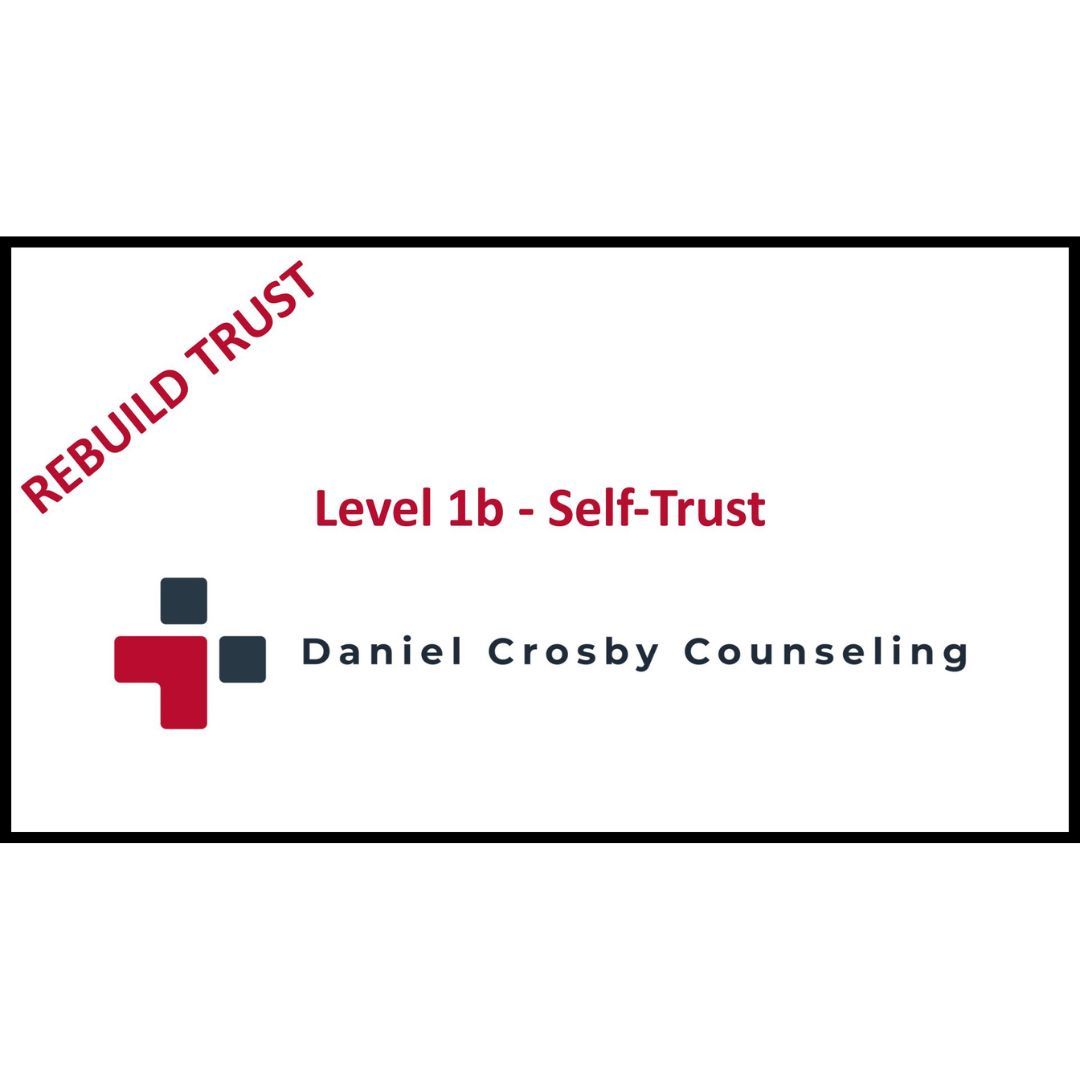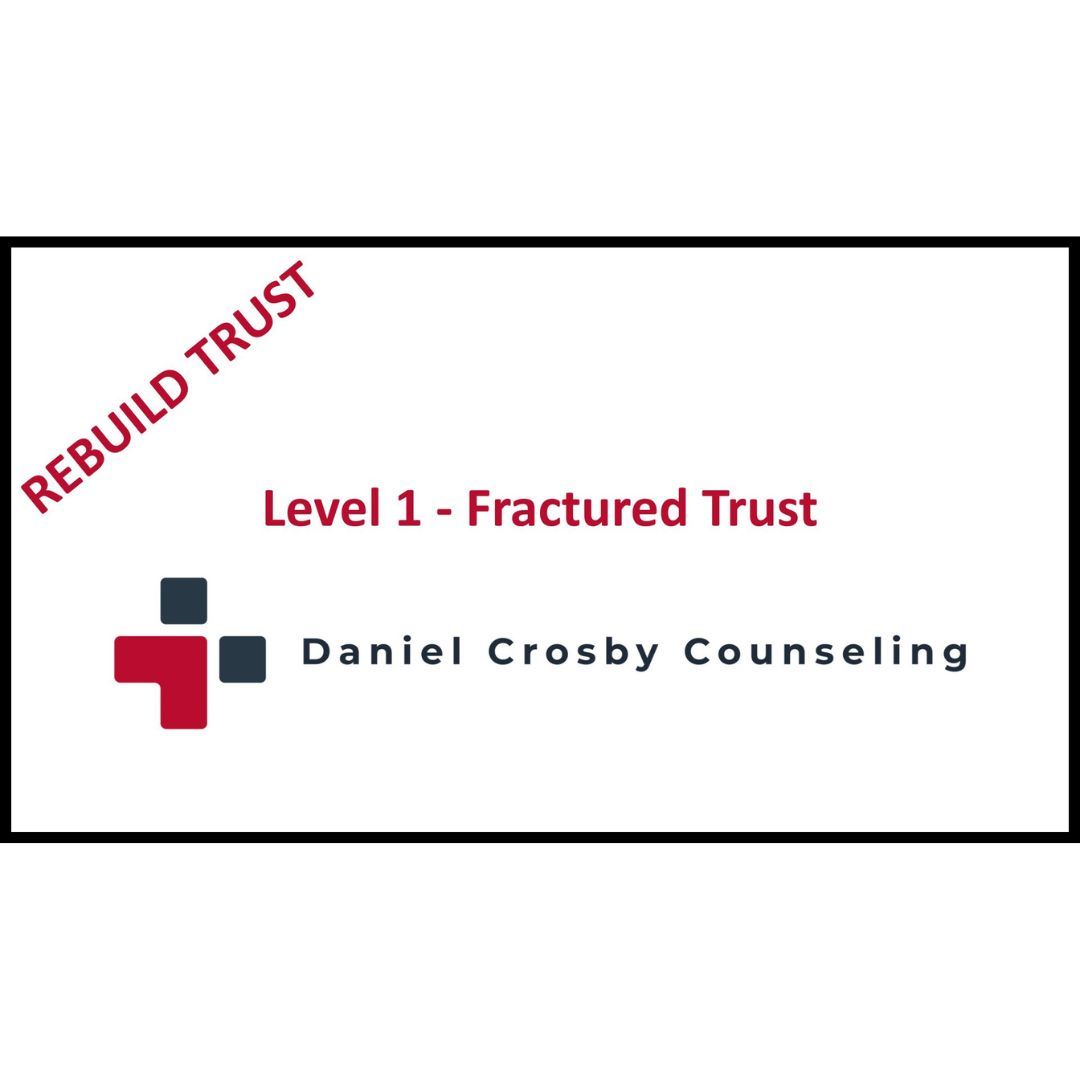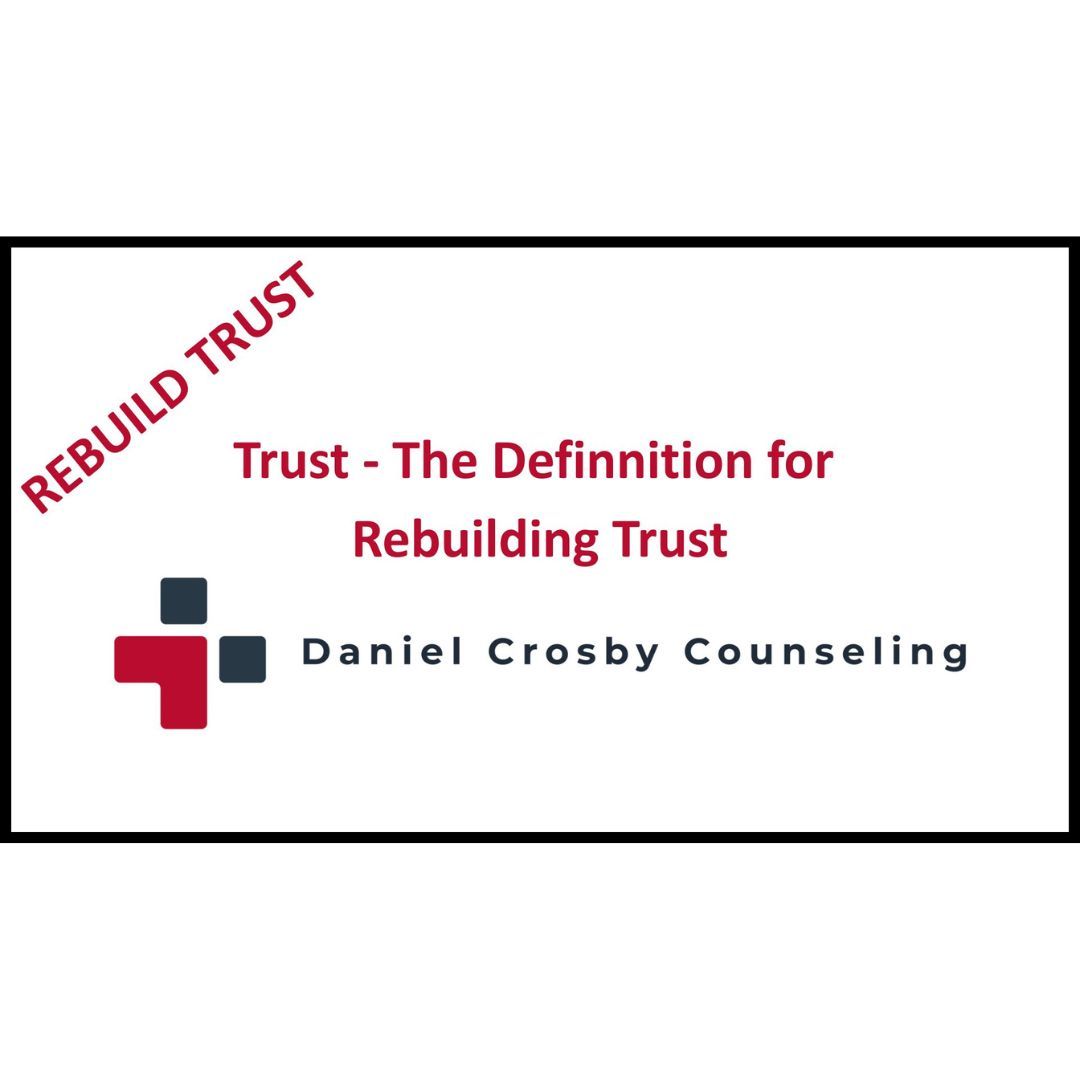If you’ve ever exercised, then you know there’s some pain involved. You’re going to be sore the next day. That’s how you know you’re getting better. That’s normal pain.
However, if you’ve ever injured yourself, you know that it’s a different kind of pain. I used to be a runner until I hurt my hip a few years ago. That pain persisted. It got worse the more I tried to ignore it.
Here’s a weird thought: I’m glad that my injured hip was painful.
God created our bodies with built-in alarm systems. The pain receptors in my hip sent a signal to my brain that screamed:
Warning!
Danger!
Stop!
Anxiety is part of your emotional alarm system and it is GOOD!
Your brain and your body are calibrated to recognize risks and when you encounter those risks your alarm system goes into action.
- If there are rumors at work that the company is going to begin layoffs, your alarm system goes into action.
- If you see one of your kids falling in with the wrong crowd, your alarm system goes into action.
If you don’t pay attention to your anxiety, then you won’t recognize potential problems in your life and make changes to address them.
***If you’re annoyed by the idea that ANXIETY IS GOOD then don’t give up on me. We’re going to keep talking about how anxiety can also be a HARMFUL thing.
HOMEWORK:
On your list of Literal or Perceived struggles, now write down WHY you think that struggle is causing your alarm system to go into action? WHY is it warning you of a risk?
For instance, with the work example above: “I’m anxious about the layoff rumor because my wife and I only have $300 in savings. If I stop getting paid then we can’t pay our bills!”
Every day I help hurting frazzled people by walking with them as they get back on the path toward becoming who God created them to be. Shoot me an email if there’s anything I can do to help you or someone you know.




